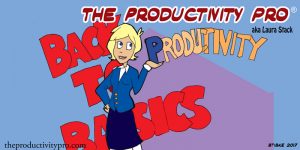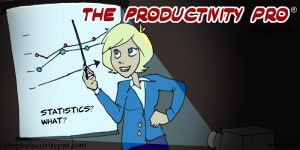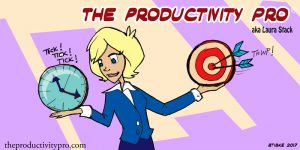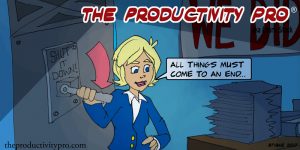
"I think it’s important to reason from first principles rather than by analogy. The normal way we conduct our lives is, we reason by analogy. [With analogy], we are doing this because it’s like something else that was done, or it is like what other people are doing. [With first principles] you boil things down to the most fundamental truths… and then reason up from there. " — Elon Musk, American industrialist and inventor. It's easy to forget what productivity truly is, especially when it's cluttered with various initiatives, politics, and personal agendas. As I read this quote from Elon Musk, it led me to think, “What are the first principles of productivity?” I thought it would help to clarify the basics (both procedural and human) that must underlie productivity for it to really work. … [Read more...]











